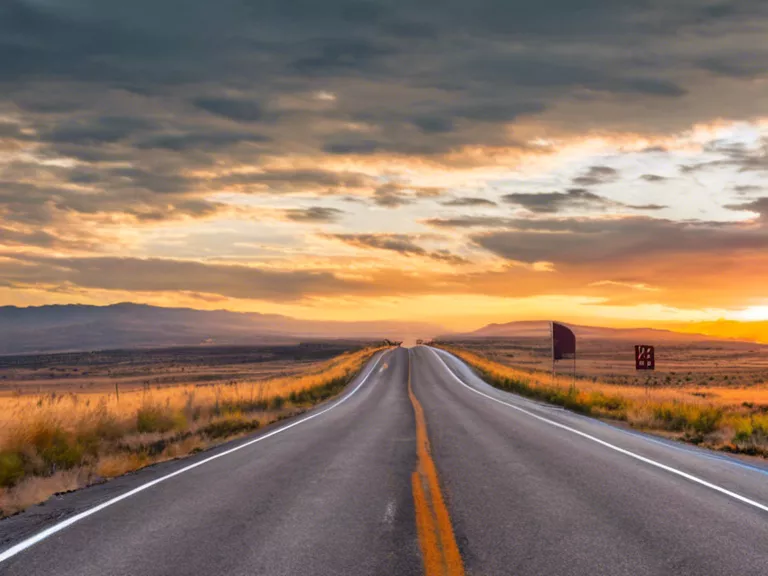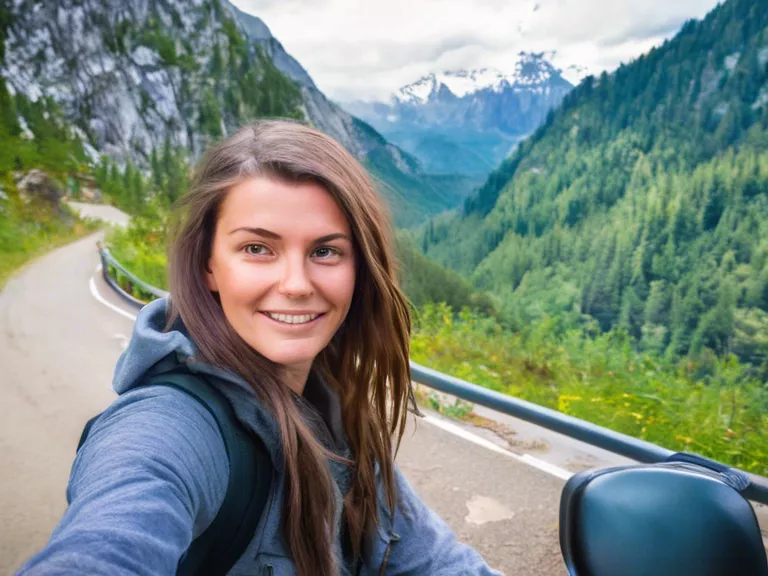
In today's world, it's more important than ever to travel sustainably and minimize our carbon footprint. As we become increasingly aware of the environmental impact of our actions, it's crucial to make conscious choices when it comes to traveling. By following some simple tips and making a few changes to our travel habits, we can help reduce the negative effects on the planet while still enjoying our adventures.
One of the best ways to travel sustainably is to opt for eco-friendly transportation methods. Instead of taking a plane for short trips, consider traveling by train, bus, or carpooling with others. Not only do these options produce less carbon emissions, but they can also be a more scenic and enjoyable way to see the world. Additionally, walking or biking in local areas can be a great way to experience a destination while reducing your impact on the environment.
Another important aspect of sustainable travel is choosing accommodations that prioritize eco-friendliness. Look for hotels, hostels, or vacation rentals that have implemented green initiatives such as recycling programs, energy-efficient lighting, and water conservation measures. By supporting businesses that are committed to sustainability, you can contribute to positive change in the travel industry.
Packing light is another simple yet effective way to minimize your carbon footprint while traveling. The heavier your luggage, the more fuel is required to transport it, so try to only bring the essentials and avoid overpacking. You can also bring a reusuable water bottle, shopping bag, and utensils to reduce waste during your trip.
Lastly, support local communities and businesses during your travels. By eating at locally-owned restaurants, shopping at local markets, and participating in eco-friendly tours and activities, you can help reduce the environmental impact of tourism and support the economy of the destination you are visiting.
By implementing these sustainable travel practices, we can all play a part in protecting the planet and preserving it for future generations.



